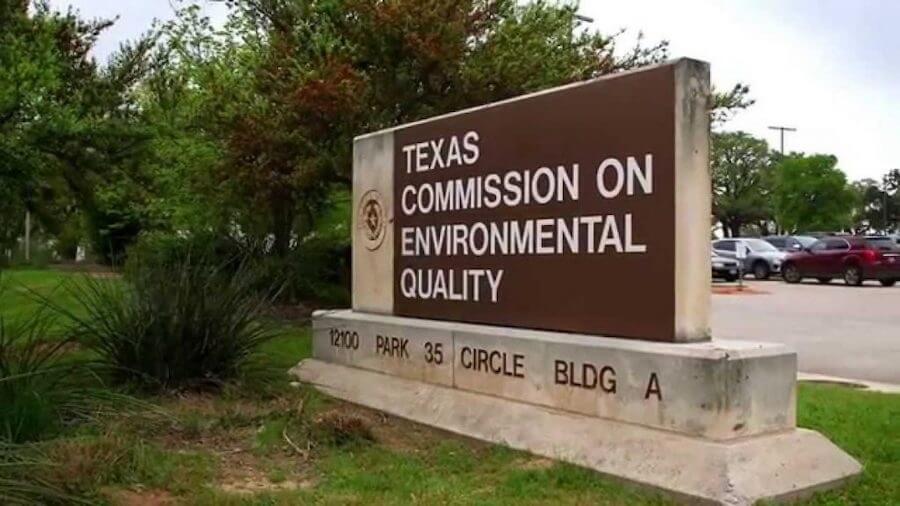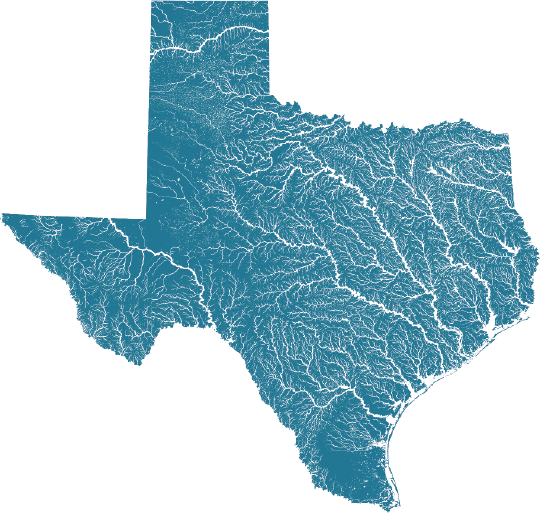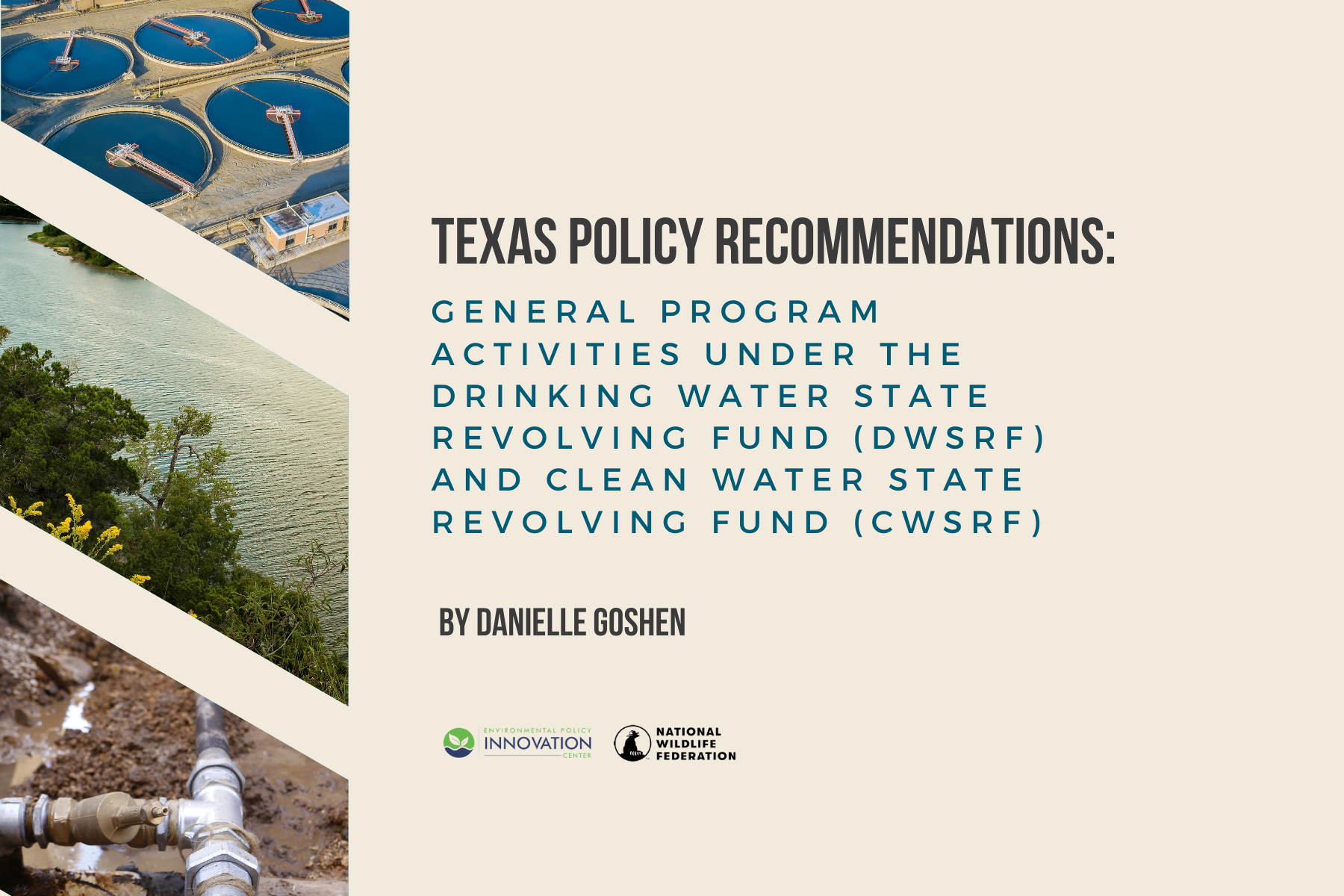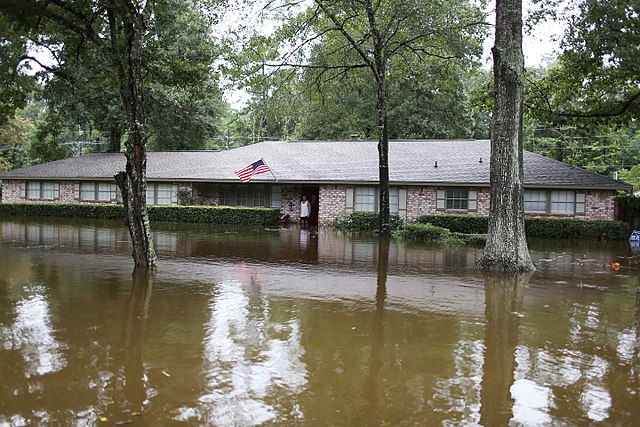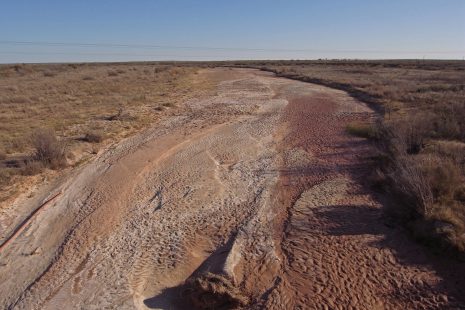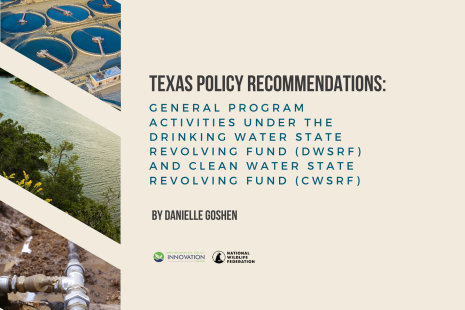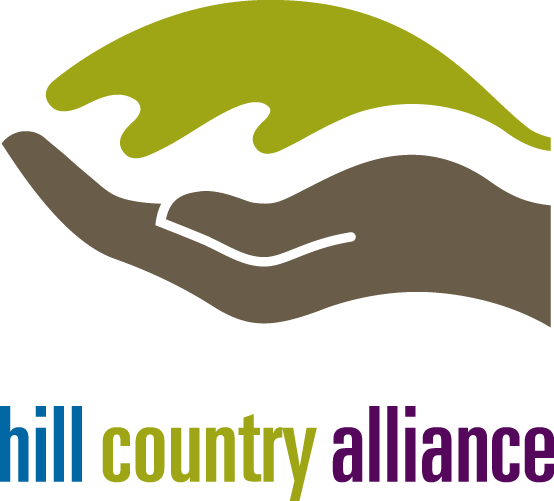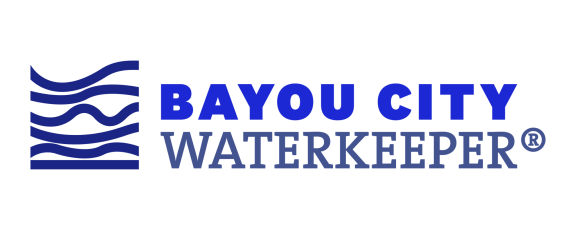We’ve written before about the state’s Sunset Review process, a top-to-bottom look at the work of — and the need for — various state agencies. This year, the Texas Commission on Environmental Quality, or TCEQ, is one of the agencies under review.
The next Sunset Review of the TCEQ will probably be sometime around 2034, so this is an especially important opportunity for anyone who cares about Texas’ environment to make their voice heard.
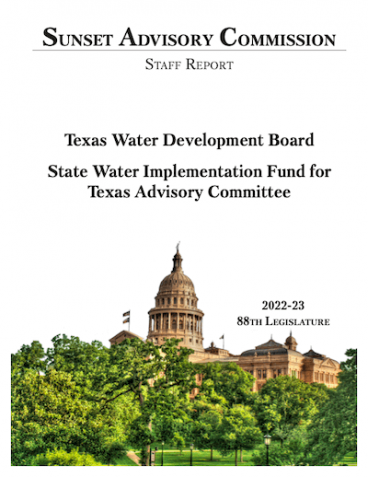
As the Sunset Commission staff notes in the executive summary of its report, the TCEQ is specifically tasked with promoting public health and safety, protecting Texas’ natural resources and environment, and fostering economic growth.
Included in its charge is the agency’s decisive role in managing the quantity and quality of water that flows through Texas waterways.
Helpfully, much of the Sunset report digs into Texas’ oversight of water and offers ways to improve it. We need to make the most of this special focus on water. It represents a significant opportunity for Texas to secure and advance the health of its waterways.
Here’s what legislators need to act on as they review TCEQ and work to secure Texas’ water future:
Empower experts and stakeholders to protect flows
Sunset Commission staff calls on the agency to expedite the creation of standards for environmental flows (“the minimum water flows required to sustain aquatic life”). That’s an important recognition Texas needs to do more to ensure there’s enough water for people and for nature, especially in the face of droughts like the one currently gripping the state. The state should build on that recommendation, empowering key stakeholders and experts on an ongoing basis to help make recommendations and develop work plans to protect environmental flows, especially through the state’s management of water rights.
Regularly engage local communities with up-to-data on groundwater
The report also calls for the TCEQ to meet publicly when it initiates studies on the need to create priority groundwater management areas. While that’s a good recommendation — basic transparency demands no less — the state can do far more to make the critical process for establishing priority groundwater management areas more meaningful: These meetings should be regular and predictable, they should look specifically at current data and data gaps regarding critical groundwater problems, and the TCEQ should work with local communities and agencies to ensure groundwater is managed effectively and sustainably.
Facilitate the dedication of unused water rights to environmental protection
The Sunset report also calls on TCEQ to enforce statutes that cancel water right permits when the water goes unused. While it’s hugely important to free up water for parched plants and animals and the rest of Texas, the state should avoid the unintended consequence of water rights holders just wasting their water — and potentially jeopardizing stream flows — in order to hold onto their permits. Instead, the state should make it easier for such rights holders to dedicate their unused water to protecting environmental flows, and TCEQ should meet a longstanding legislative requirement to formally set aside water supplies to protect the environment.
In addition to those recommendations, the Sunset process — and the legislation that comes out of it in next year’s legislative session — offers an important chance to strengthen TCEQ’s oversight over the state’s water supplies and pre-empt pollution that will threaten Texas businesses, families, communities, and wildlife:
- TCEQ has failed to create and enforce standards — despite a mandate from the Clean Water Act — identifying the maximum amount of pollution and threats that impaired waterways and estuaries can handle. The legislature should require TCEQ to audit the effectiveness of Total Maximum Daily Load standards and barriers to effectively implementing them, develop clear solutions and criteria for addressing the backlog of impaired bodies of water that need this protection, and require timely development of Total Maximum Daily Load standards.
- Streams across the state have been damaged by excessive releases of pollutants like phosphorus that choke waterways with algae, threaten the plants and animals that rely on that water, and make the streams unusable for people who want to swim or fish. The state should implement a rule preventing new discharge permits to vulnerable streams, especially in sensitive areas like the Texas Hill Country.
- High levels of nutrient pollution have led to worsening toxic algae blooms in central Texas that threaten wildlife, people, and local economies. TCEQ should adopt transparent limits for total phosphorus and total nitrogen. The agency also should use monitoring data to determine whether more protective nutrient limits are needed for permit renewals, and it should include strict nutrient limits in new wastewater discharge permits.
- Texas, like every state, is required by federal law to adopt water quality standards that include an “anti-degradation” policy. However, in some cases, applicants receive discharge permits even though activities are likely to degrade water quality. To address this problem, TCEQ should be required to remove or objectively define the “de minimis” exemption — a permitting term that is meant to indicate a negligible environmental impact but often becomes a loophole to allow more pollution. The agency also should require meaningful alternatives analysis and water quality standards incorporating non-discharge alternative requirements.
- The surface mining of aggregates can pollute aquifers and lead to downstream flooding. The state should address the many gaps in mining oversight by applying the existing Texas Surface Coal Mining and Reclamation Act to aggregate mining operations in all Texas rivers basins.
- “One Water” is the idea of integrated water management, where communities use all sources of water — including surface water, groundwater, rainwater, stormwater, and reused wastewater — to promote sustainability, increase water quality, and decrease reliance on supplies that ecosystems depend on. The state should create regulatory guidance on how communities can build and permit One Water projects and facilities, especially around reuse initiatives and efforts by public water systems to fortify their water supplies with rainwater.
- Agencies such as the Texas Parks and Wildlife Department have knowledge and expertise that can inform TCEQ permitting decisions, but current state law prohibits those agencies from contesting proposed permits by participating in contested case hearings. By tweaking the law, the legislature can take better advantage of state agencies’ perspective and expertise without dragging out permitting decisions.
Let’s take full advantage of this opportunity. It will be years before the Sunset Review of these agencies comes around again.
What you can do
Send comments or testify at the public hearing in Austin on June 22. Talk to your legislators. Make your voice heard.
Legislators need to know it’s time to act. Let them know that every Texan deserves reliable water, protection from floods, and thriving rivers, bays and ecosystems.

